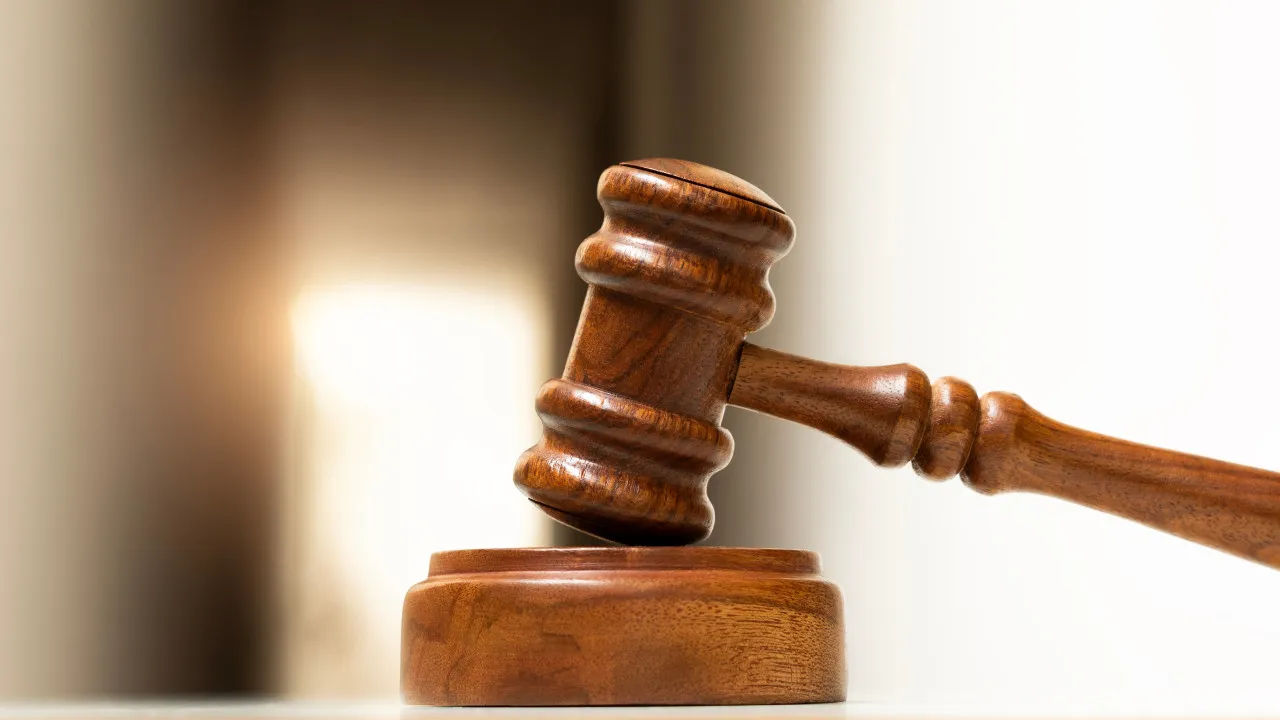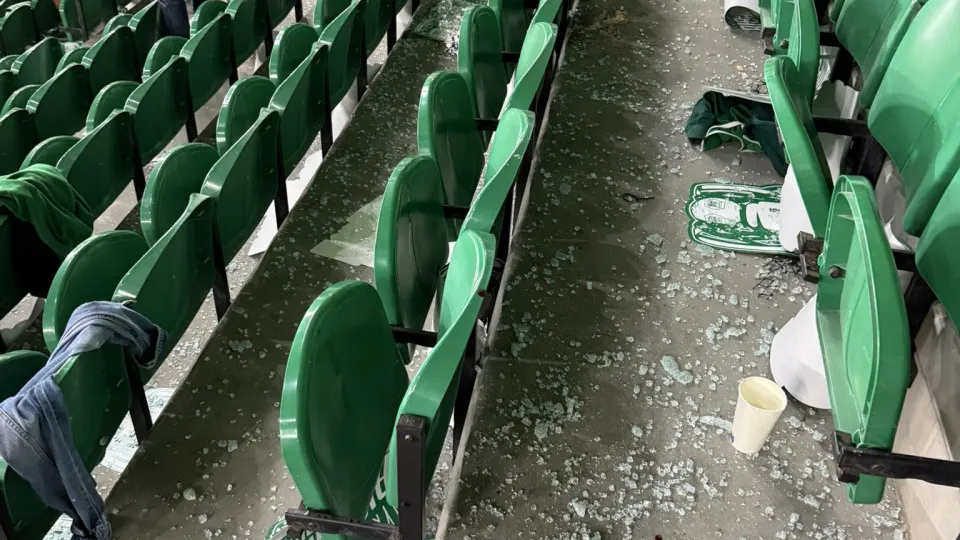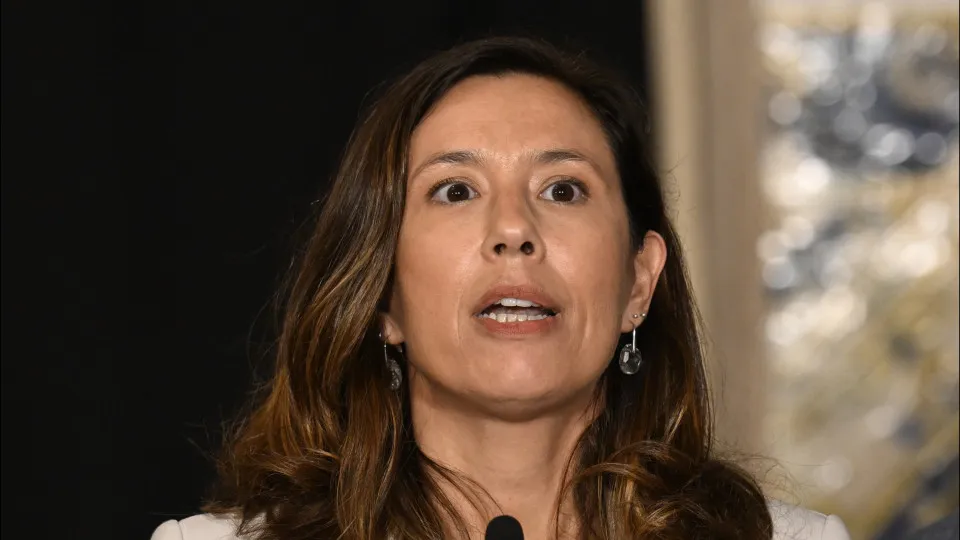
During a judicial roundtable in Lisbon, the appellate judge from the Coimbra Court of Appeal emphasized the importance of listening to children in court proceedings. He noted that children who are heard in court tend to have more positive feelings about the judicial process, exhibit greater trust in judges, and display a better understanding of their cases, provided the process is conducted properly.
The judge warned that poorly handled hearings could result in secondary victimization, which occurs due to interactions with formal social control mechanisms during crime investigation or child protection proceedings.
The roundtable, the fourth of its kind organized by the pan-European network ‘Children of Prisoners Europe,’ focused on the role of families and courts in upholding children’s rights during parental criminal proceedings. Paulo Guerra also addressed the importance of future memory statements, advocating for their meaningful application.
“Children should not be subjected to repeated inquiries, risking further harm from the judicial system, as repeated recounting of events can be traumatic,” he argued.
He stressed the need to streamline these procedural hearings.
“I advocate for the simultaneous presence of both the criminal instruction judge and the family and children’s judge during future memory statements,” he stated.
The judge suggested that child hearings should be conducted only by individuals with specialized training and that judicial operators should focus on fact-based questions.
He highlighted the necessity of presuming children’s ability to express their opinions, without requiring them to prove it.
The process of hearing a child, according to him, should include four stages: planning and preparation, explaining objectives to build trust, fact narration, and clarification.
“Be sensitive to the child’s emotional state—whether they cry, hesitate, or need breaks. Practice active listening while maintaining eye contact,” he explained, emphasizing the use of language the child understands and avoiding leading or intimidating questions.
Meanwhile, the President of the Supreme Court of Justice pointed out that children have not received adequate attention from public authorities, including the courts. He noted that when a parent is sentenced to imprisonment, their children are also adversely affected.
“Children of incarcerated parents face emotional, social, and economic challenges often overlooked by the justice system and society, significantly impacting their development and future opportunities,” warned João Cura Mariano.
The president stressed the lack of public policies specifically targeting these vulnerable children and noted the scarcity of programs aimed at strengthening family ties during parental imprisonment.
He argued that the Portuguese prison system is ill-equipped to maintain parent-child relationships and that courts do not always consider how a parent’s imprisonment can severely impact a child’s right to healthy development.
Mariano called for urgent recognition of these children as rights holders and the development of integrated strategies for their protection.




